18 dead as storms, tornadoes hit US south
Mon 23 Jan 2017, 11:41:12
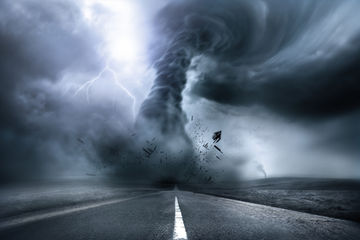
A severe storm system that spun off tornadoes and left scattered destruction around the southeastern US has claimed at least 18 lives.
The enormous system put millions of people in the south on edge during a weekend of violent weather that left crumpled trailer homes, downed trees and other damage in the hardest-hit communities from Mississippi to Georgia.
The severe weather threat was still continuing on Sunday night in some parts, extending into the Carolinas and north Florida.
At least 14 people were killed in Georgia on Sunday as the fast-moving storms tore across the state throughout the day, with at least one deadly tornado reported before dawn and violent storms still rumbling after nightfall.
Four people were killed Saturday in Mississippi when the system began its deadly assault.
"There are houses just demolished," said Norma Ford, who rushed out with other relatives Sunday evening after hearing a reported twister had overturned her nephew's mobile home in the southwestern Georgia city of Albany, the region's largest city with 76,000 residents.
Georgia's latest three deaths were confirmed on Sunday night in Dougherty County where Albany is located, said Catherine Howden, spokeswoman for the Georgia
Emergency Management Agency.
Emergency Management Agency.
Yet the day's deadliest toll came before daybreak on Sunday when an apparent tornado blew through a mobile home park in south Georgia - about 100km southeast of Albany - shearing away siding, upending homes and killing seven people.
Coroner Tim Purvis of south Georgia's Cook County confirmed seven people died at the mobile home park, where about about half the 40 homes were "levelled".
President Donald Trump said he had spoken with Georgia Governor Nathan Deal and "expressed our sincere condolences for the lives taken".
"Tornadoes were vicious and powerful and strong, and they suffered greatly," Trump said during a White House ceremony where he was swearing in aides.
"So we'll be helping out the state of Georgia."
Georgia's governor declared a state of emergency in seven southern Georgia counties, freeing up state resources to assist with recovery efforts.
While the central part of the US has a fairly defined tornado season - the spring - the risk of tornadoes "never really goes to zero" for most of the year in the southeast, said Patrick Marsh of the Storm Prediction Center.
January tornado outbreaks are rare but not unprecedented, particularly in the south.
No Comments For This Post, Be first to write a Comment.
Most viewed from International
Most viewed from World
AIMIM News
Latest Urdu News
Most Viewed
May 26, 2020
Should there be an India-Pakistan cricket match or not?
Latest Videos View All
Like Us
Home
About Us
Advertise With Us
All Polls
Epaper Archives
Privacy Policy
Contact Us
Download Etemaad App
© 2026 Etemaad Daily News, All Rights Reserved.


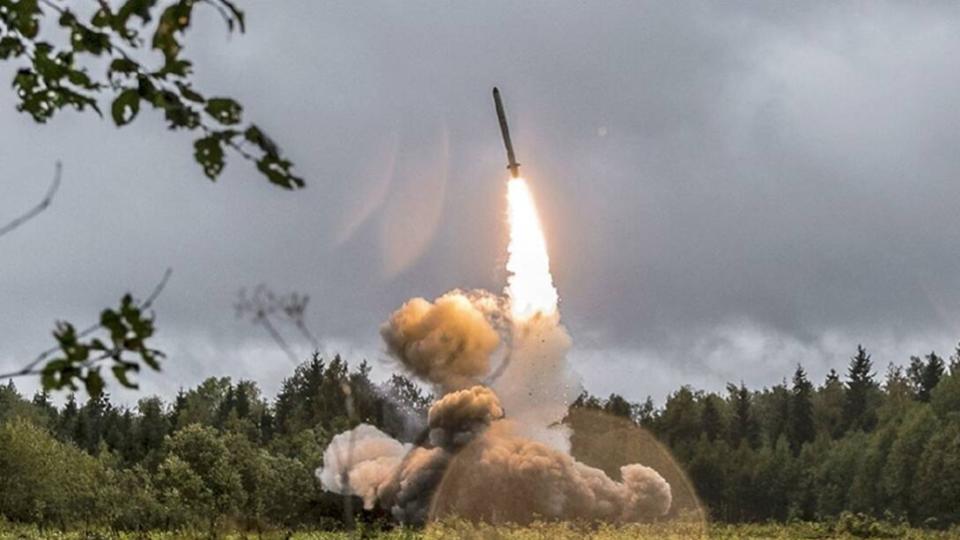
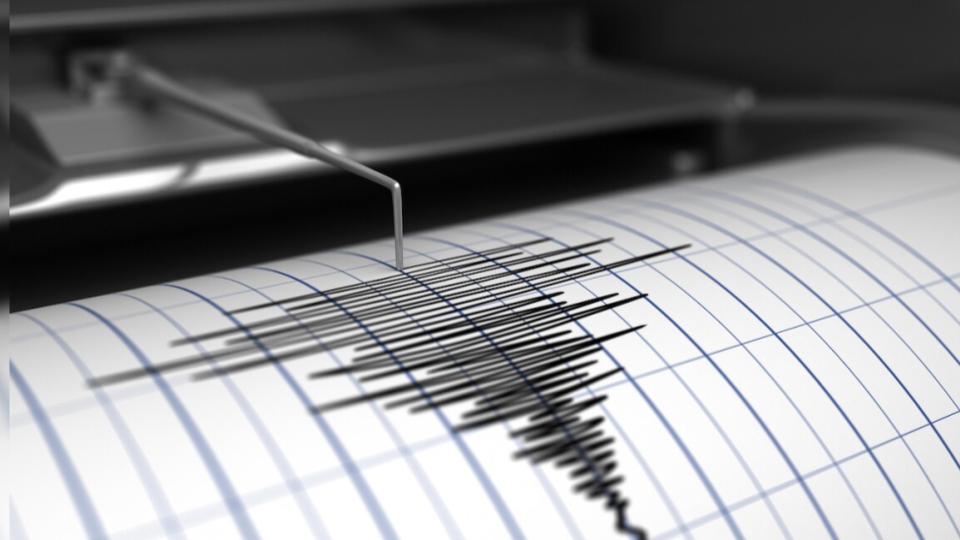
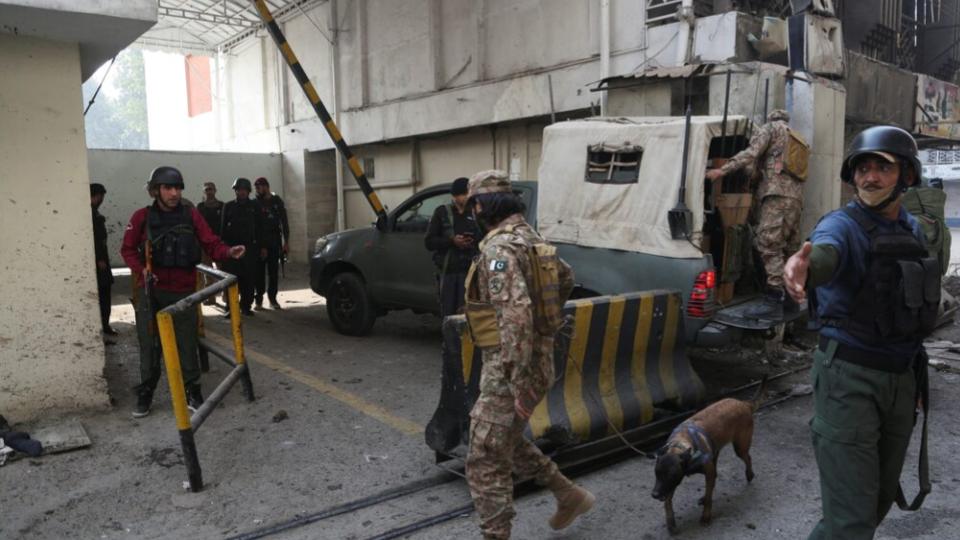
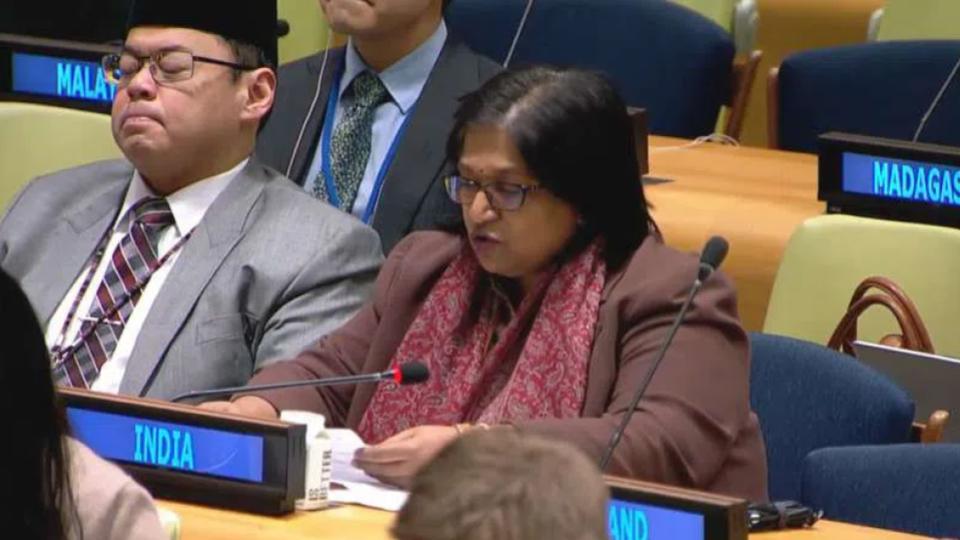





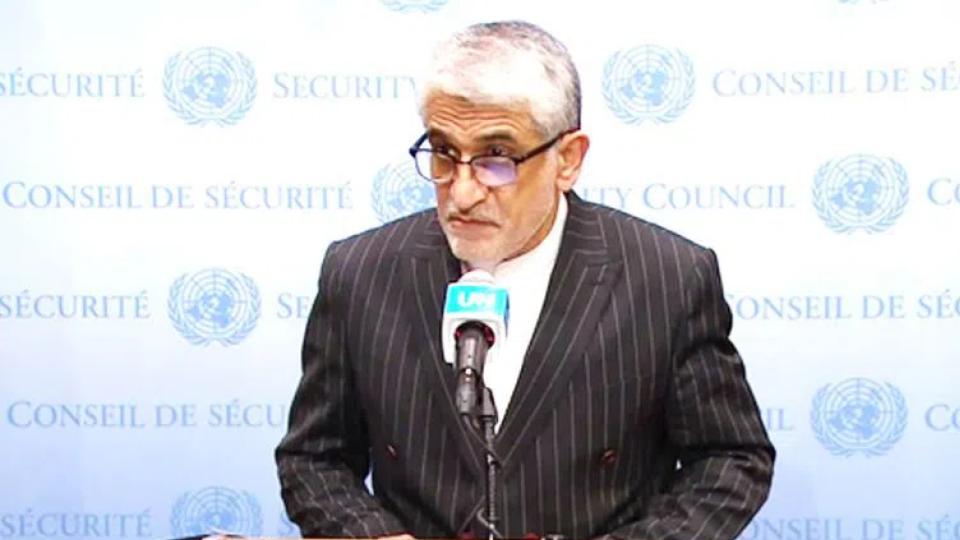







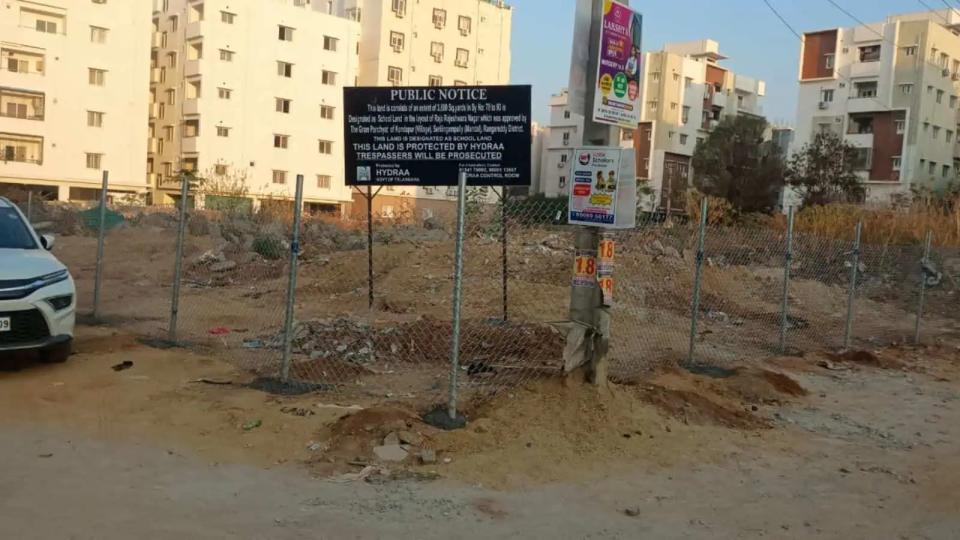
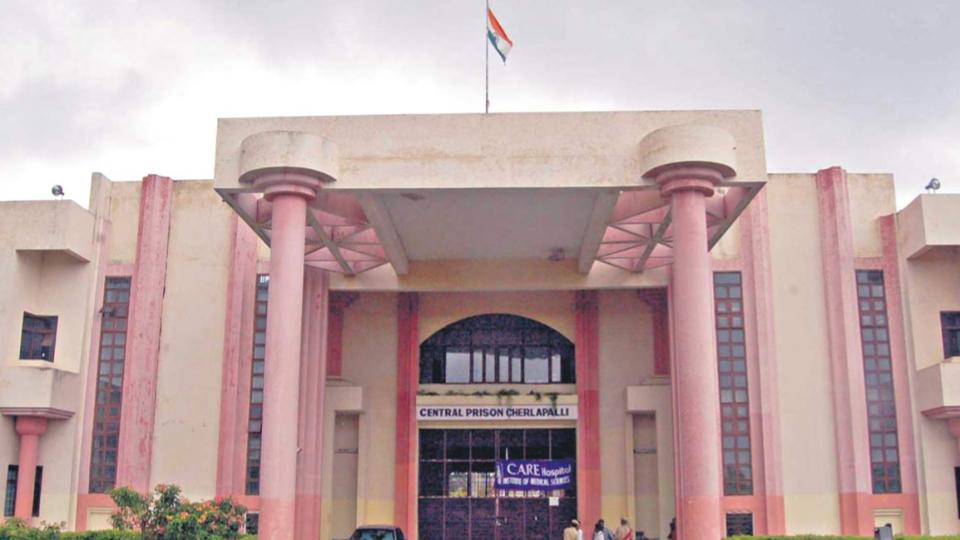
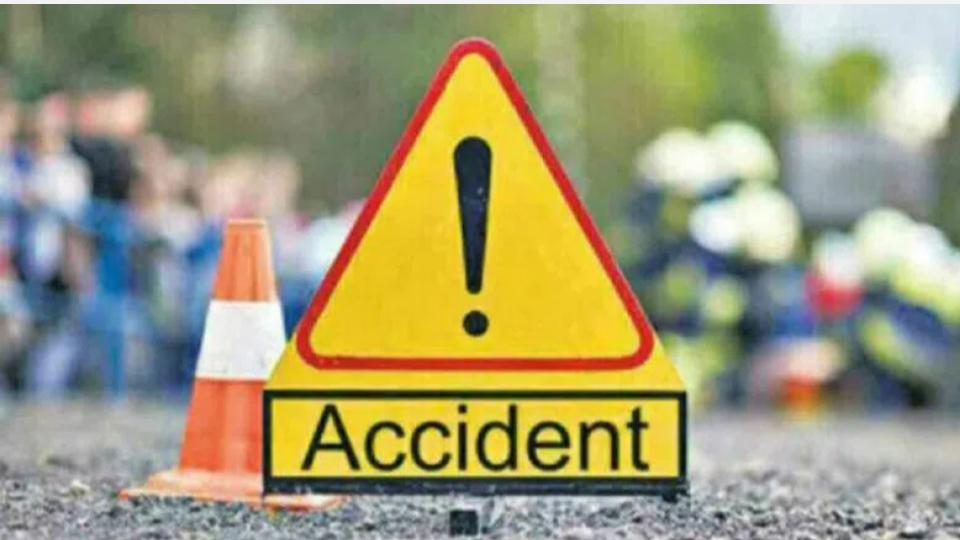


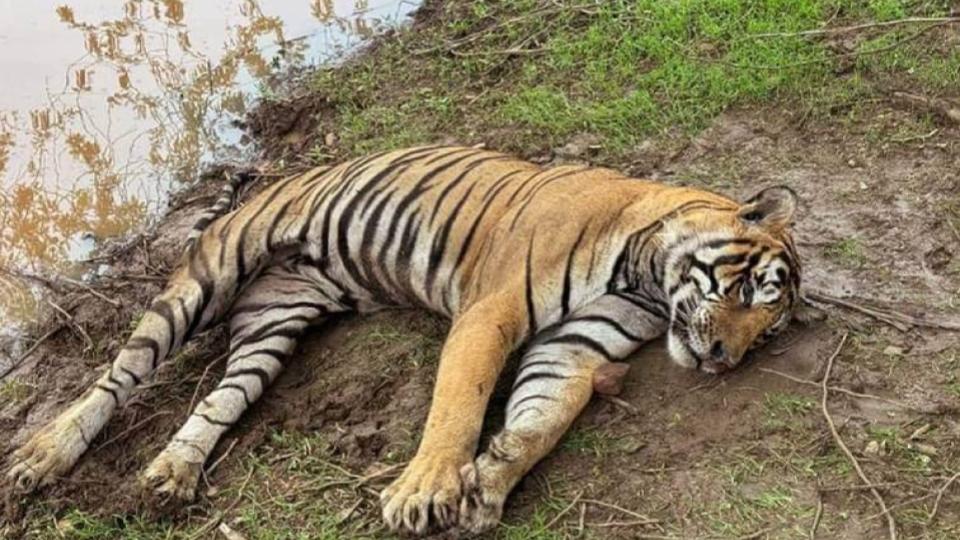












.jpg)
.jpg)
.jpg)


